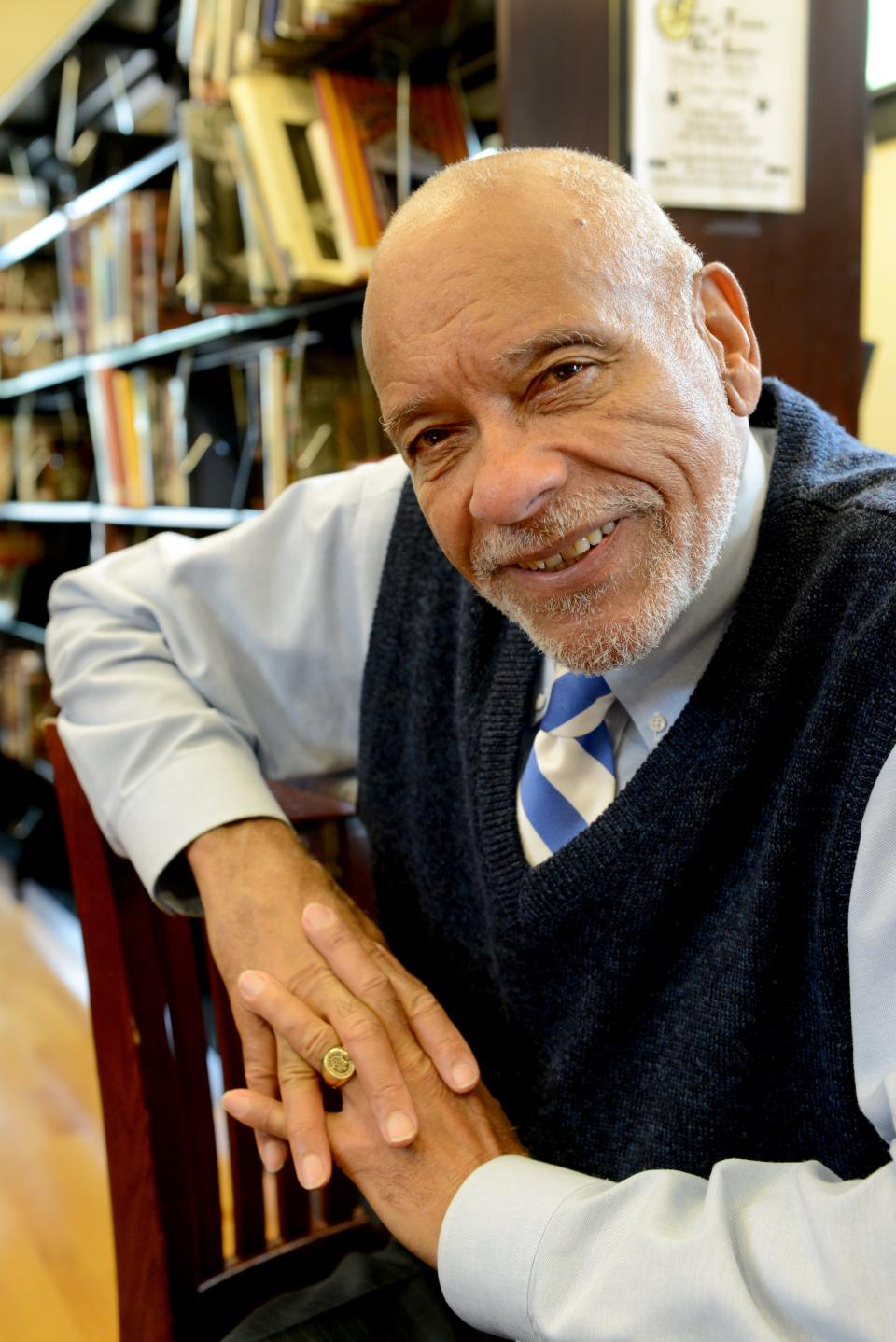Bob Booker was the best source of information on the area's Black history | Opinion
I met Dr. Robert Booker at the Beck Cultural Exchange Center back in the 1990s. At that time, the center was much smaller than it is now. I remember fumbling my way upstairs and asking a few unorganized and broad questions about Black history, not certain what I was even looking for. He was serious and took a few minutes to talk me through pre-internet paths for research.
It would be some 15 years later before I would have occasion to interact with Dr. Booker again, this time as an editor with East Tennessee PBS. We were putting together a documentary on the Swift Memorial Institute, the late HBCU that once operated in Rogersville, Tennessee. His segment was about the state of Black education in East Tennessee as a whole from after the Civil War into the Jim Crow 1900s. He came prepared with notes but didn’t use them. He needed very little prodding as he launched into the development of Black schools in Knoxville, the state-imposed segregation of Maryville College and the career of William H. Franklin, the founder of Swift. No notes. He had reams of material and they remained on the floor beside his chair.

From then on, I would continue to ask Bob for interviews on anything related to Black Knoxville, and he almost never said no. When we were putting together the short biography on Knoxville-born artist Beauford Delaney, I reached out to him again. I mentioned that the film, thus far, had too few Black interviews for my liking. Robert Booker looked at me and made reference to the "Amos 'n' Andy" show in a manner I could not misunderstand. He wanted me to know that the correct information, no matter who was delivering it, was more important than a Black face for the sake of a Black face.
As East Tennessee collectively came upon the 100th anniversary of Knoxville’s role in the Red Summer of 1919, there already existed in the East Tennessee PBS archives an interview with Bob. Making my job easy, he, along with Matt Lakin, had laid out the well-researched narrative of the murder that led to the white mob’s violent attack on Knoxville’s Black community and the execution of Maurice Mays.
Mostly my reminiscences of Robert Booker have been professional in nature. There have been moments, before and after recorded takes of really good reflections, surgical humor and pointed context. Though also professional in nature, the closest I got to spending informal time with Dr. Booker was when he and my cousin Dr. Theora Jamison sat down at the East Tennessee History Center to identify their peers in the Tennessee Archive of Moving Image and Sound's desegregation fight footage. Their laughter and tender encouragement of each others’ memories is something I will keep with me.
I wish I’d known him when he was singing karaoke at Marie’s Old Towne Tavern. I wish we could have done all of this while he was here.
William Isom II is a native of Hamblen County and is the director of Black in Appalachia.
This article originally appeared on Knoxville News Sentinel: Opinion: Bob Booker was the best source of info on Black history

